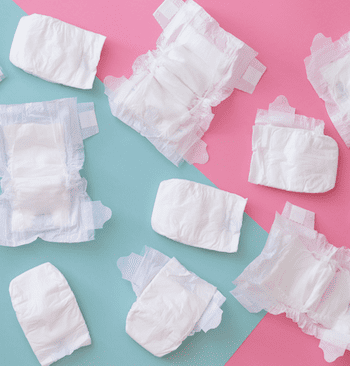Aging has its benefits, but also its challenges, especially when it comes to your physical health. As an example, nearly ‘40% of adults who live in a residential care facility report problems with incontinence’(either fecal, urinary, or both). While these statistics illustrate the point that incontinence is incredibly common, they do little to help with your own unique challenges, or those os a loved one.
This is where the team of medical providers here at Lightyear Health comes in. To help you better understand why incontinence, namely urinary incontinence, is so prevalent among older people, we’ve pulled together a list of the more common drivers of this problem. Perhaps more importantly, we also outline some of the effective treatment options we offer to help you regain control of your bladder.
Understanding urinary incontinence
The first thing to understand about urinary incontinence is that there are a several different types, including:- Stress incontinence pressure on your bladder
- Urge incontinence intense urges to urinate and the inability to control them
- Mixed incontinence a combination of stress and urge incontinence
- Overflow incontinence your bladder fails to completely void, causing dribbling
Common causes of urinary incontinence in older adults
Older adults can experience both short- and long-term problems with urinary incontinence. When it comes to acute bouts of incontinence, this is usually due to:- Urinary tract infections
- Vaginal infections
- Constipation
- Prostatitis
- Weakened bladder muscles
- Overactive bladder muscles
- Enlarged prostate (benign prostate hyperplasia)
- Lack of pelvic floor support for your bladder
- Pelvic organ prolapse
- Nerve damage caused by conditions like diabetes, Parkinsons disease, and multiple sclerosis
Treating your urinary incontinence
Since there are several different types of urinary incontinence and many different causes, our team needs to first evaluate your incontinence to identify the underlying cause. Once we have a better idea about whats behind your incontinence, we can address the problem with one or more of these common incontinence treatments:- Pelvic floor exercises
- Medications
- Biofeedback
- Behavioral training
- Lifestyle changes (such as avoiding caffeine)
- Environmental interventions
- Specialized equipment



